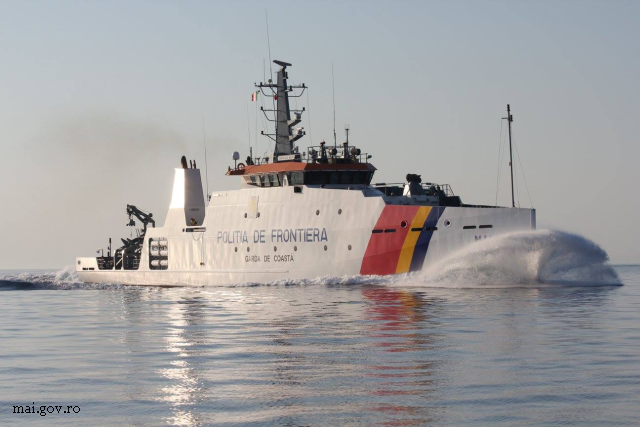Romania to boost contribution to migrant management efforts
Romania will send in a further 70 police officers, 6 special vehicles, 2 patrol ships and other equipment

Corina Cristea, 21.03.2016, 14:01
An issue that has dominated political agenda in recent months, the migration crisis is still in need of a solution from the European Union. The EU leaders meeting in Brussels last week reached a major deal with Turkey in this respect.
As of midnight Sunday, all migrants arriving in the Greek islands from Turkey will be sent back to Turkey if their asylum application is rejected. In return, the EU countries will relocate thousands of migrants from Turkey. The scheme is temporary and once the flow of refugees is curbed, it will be replaced by a voluntary humanitarian admissions scheme.
German chancellor Angela Merkel said the agreement with Turkey is an important step demonstrating that Europe is capable of managing such challenges. Romanias president Klaus Iohannis, who also attended the Brussels summit, hailed the deal, which he believes will significantly reduce or even halt the flow of illegal migrants. He said the decisions taken on Friday do not imply additional quotas for Romania and the relocation of migrants will respect the quotas established last year. Romania has agreed to receive more than 6,000 refugees in the next two years.
The European Union has vowed to speed up the disbursement of the 3 billion euros initially allocated to help Turkey and provide a further 3 billion once the money runs out. In return, Turkey pledged to take any necessary measures to prevent new migration routes.
At the summit, Romania committed to boost its contribution to the European efforts to manage the migration crisis by sending in a further 70 police officers, six special vehicles, two patrol ships and other types of logistical equipment, the countrys interior minister Petre Toba has said.
Romania has thus made one of the most substantial offers of support, after France and Germany. To coordinate this international mission, a coordination unit was established at the Greek defence ministry. Romania is already the second largest contributor to Frontex missions after Germany, with 72 police officers, 10 special vehicles, one ship and one helicopter.






























